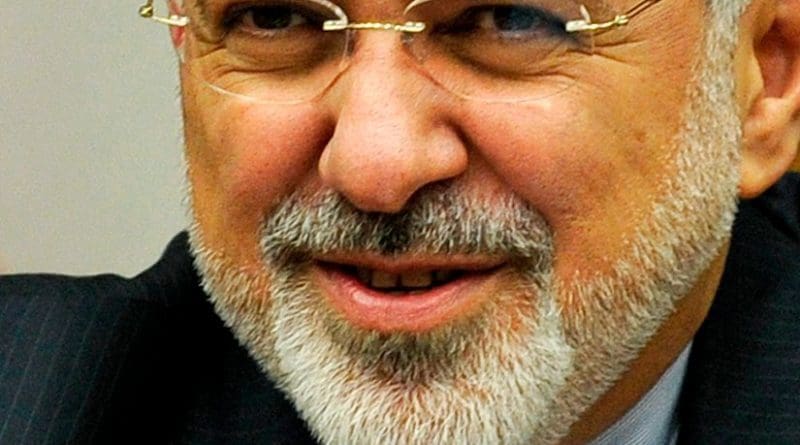Iran’s New Peace Plan For Syria – OpEd
Iran’s foreign minister, Mohammad Javad Zarif, has unveiled a new “peace plan” for Syria in his latest visit to Damascus, after consultation with the Lebanese officials who greeted him warmly. This is a four-point peace plan that is an updated version of an earlier plan that called for the cessation of hostilities, a five-year transition government, respect for Syria’s sovereignty, the expulsion of foreign terrorists, and political dialogue among Syrians.
Having visited Qatar and Kuwait prior to his trips to Lebanon and Syria, Zarif is confident that unlike in the past, when Iran’s initiatives were ignored, this time it is different and Tehran’s proposed peace plan can gain regional and international traction. This peace plan was reportedly discussed with the Syrian foreign minister, who visited Tehran last week, and therefore is not a big surprise for the embattled Bashar al-Assad, who has seen his government’s hold on the country shrink considerably throughout 2015.
It is now up to the major stakeholders, both internally and externally, to reflect positively on the Zarif plan and give a big nod to peace. Hopefully, Turkey, which has substantially increased its direct involvement in the Syrian theater recently and hosts close to 2 million Syrian refugees, will discover some redeeming values in Zarif’s initiative; Zarif has postponed his trip to Turkey and should the road for his visit be cleared in the near future, that is a good omen for peace in Syria.
As for the United States and Europeans, who have called for Bashar’s removal, the importance of Zarif’s plan in presenting a political window to explore the endgame for Syria’s bloody four-year conflict, this is an important moment of decision that should not be missed by opting for the wrong options. It is generally recognized that ISIS is expanding its influence in Syria and the longer the present conflict lasts the better it is for ISIS and other al-Qaeda affiliated groups. Even Russia’s foreign minister, Sergei Lavrov, has recognized the threat that Syria can turn into an ISIS country. It is therefore common sense that the countries fighting the ISIS menace should unite around a concrete plan of action to combat ISIS inside Syria.
One of the complicating factors is the Turkey-Kurds antagonism that dictates Ankara’s Syria policy in favor of tilting in favor of the Syrian opposition, including the fundamentalist Jihadists who want to turn Syria into a puritan Islamic state. As a result, there is definite need for closer cooperation and coordination among the actors and stakeholders opposed to the ISIS phenomenon, but it must come with the assurance to Turkey that the net beneficiary will not be a future Kurdish state, otherwise Turkey will continue with its current approach of hostility toward Damascus without a moment’s pause to reflect on the soundness of its overall approach, given the recent U.S.-Turkey agreement that allows U.S. use of Turkish bases to launch attacks on ISIS from Turkish bases.
In view of the gravity of the Syrian crisis and the need for closer regional and international cooperation to tackle the sources of conflict in war-torn Syria, Tehran and Ankara must set aside their secondary differences and embark on a common cause for stability in Syria. This would be in line with the two countries’ current plans to boost their trade in the post-sanctions environment. But, should there be no progress on Syria and Turkey continues with its current semi-interventionist policy on Syria, then there is no doubt that this will have adverse consequences for Iran-Turkey relations.
In terms of bilateral relations, Tehan and Ankara have decent relations — that are complicated by the web of third party inputs that have turned out to be largely negative and even destructive. But, as stated above, the new hope is that with the resolution of the nuclear stand-off there is a new sail in Iran’s Syrian initiative that, in turn, ought to be taken seriously by the world community.

